- T-Nuts
- Strap Clamps
- Serrated Step Blocks
- Vices
- Parallels
- Chucks
- Rotary Table
- Indexing Head
- Sine Plates
- Angle Blocks
- V-Blocks
T-Nuts
T-nuts are designed to work inside of T-slots. ANSI/ASME B5.1M defines T-slot size limits. See Also ISO R286.
Rotary T-nuts are available that can be inserted from the top of the table instead of at the end.
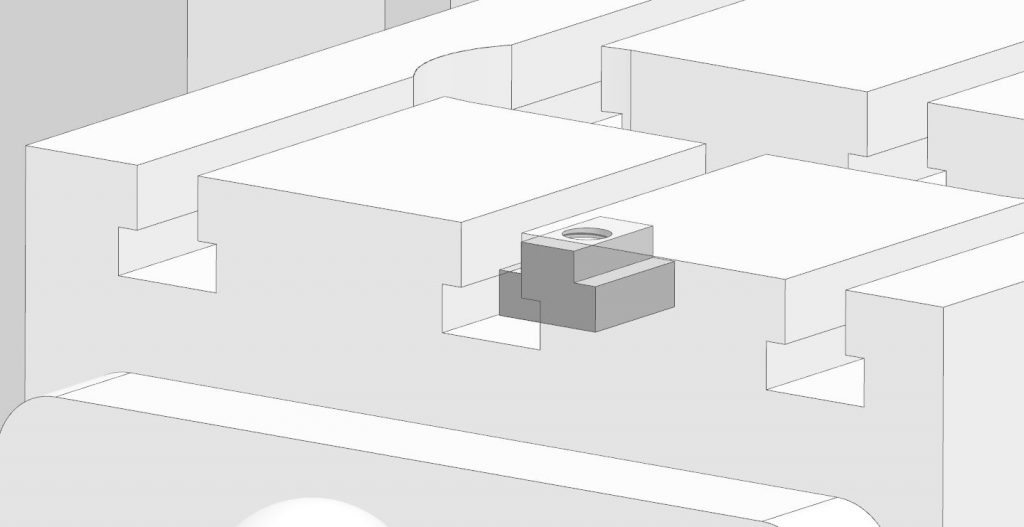
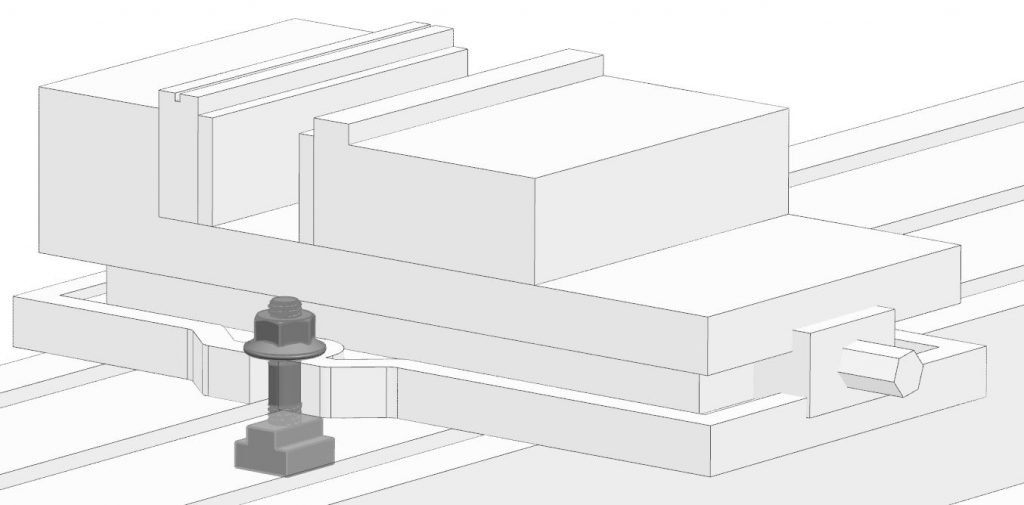
Strap Clamps
Strap clamps are a popular way of holding large or oddly-shaped parts that may not fit in a vise or other workholding devices. Strap clamps are often used in conjunction with serrated step blocks (shown below).
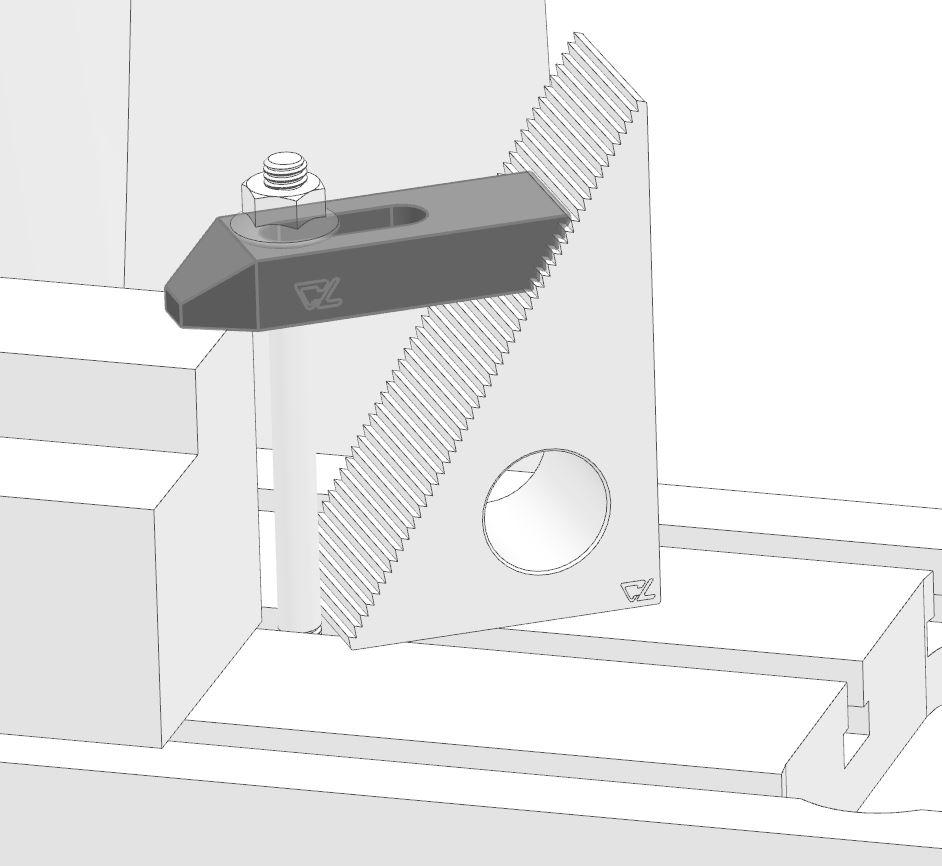
Serrated Step Blocks
Serrated stop blocks can be used with serrated strap clamps, or with other step blocks.
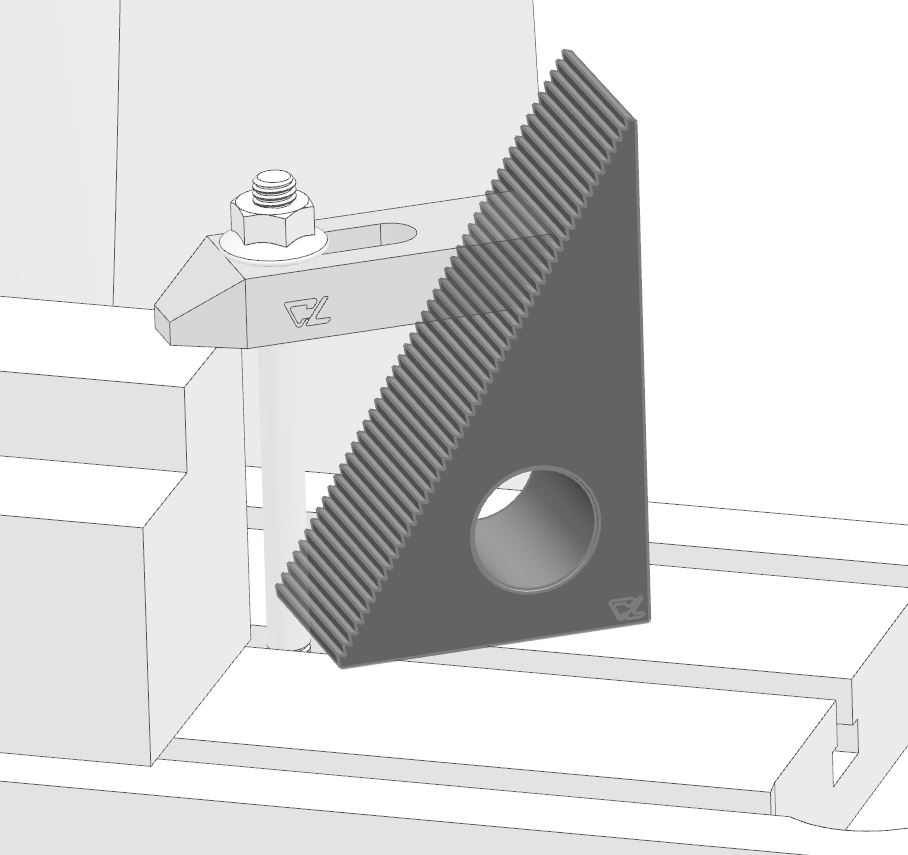
When using a strap clamp, it should be level with the surface of the workpiece, and the stud should be as close to the work as possible.
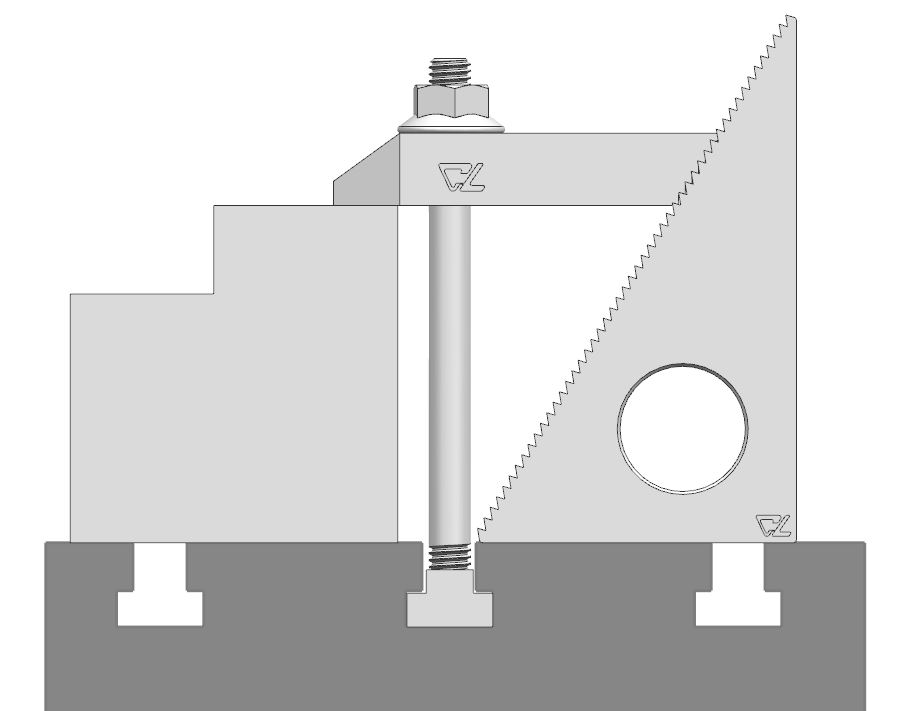
Vices
Machine vices are among the most versatile and commonly used workholding devices found on milling machines.
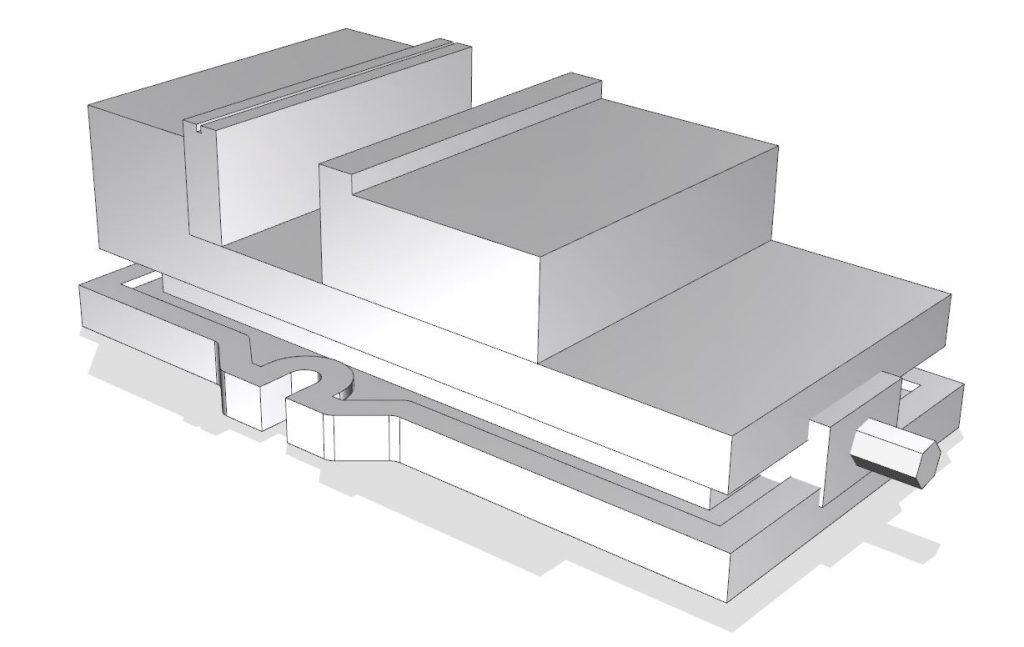
Vice Jaws
V-Jaws
Soft jaws
Dovetail Jaws
Serrated Jaws
Vice Accessories
Vice stops
Parallels
Parallels are precision ground bars that are usually used in pairs to lift a workpiece off the bottom of a vice. They are often sold in sets of various heights. There are a variety of parallel types including thin and wavy varieties.
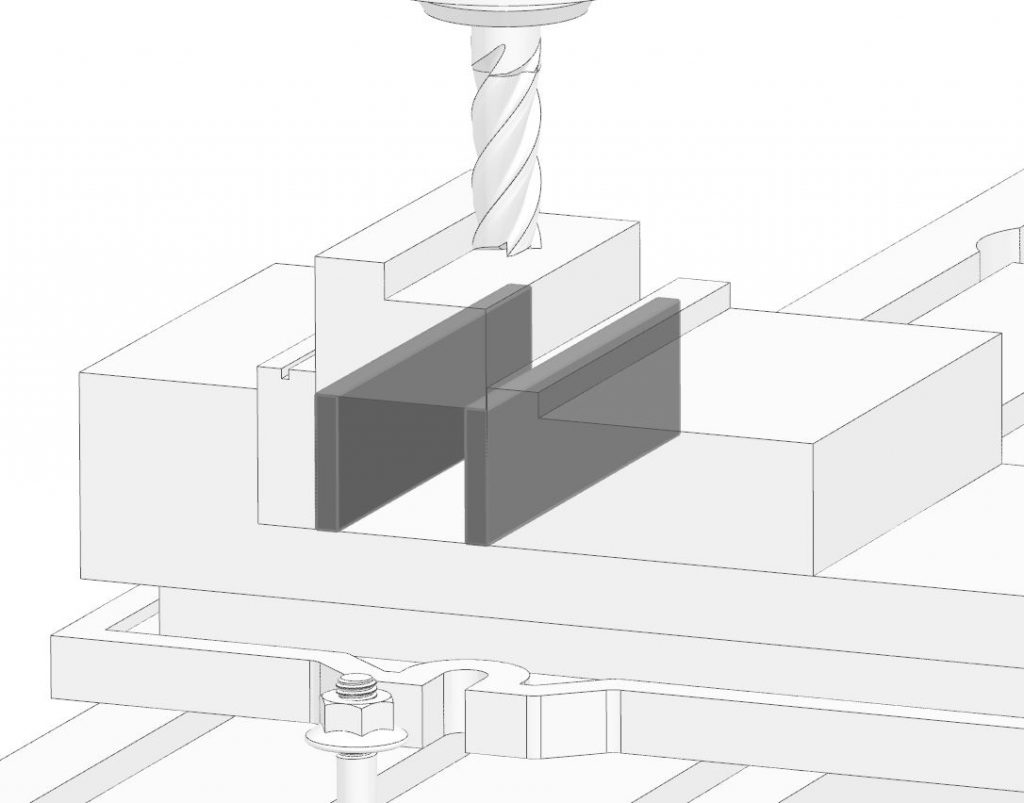
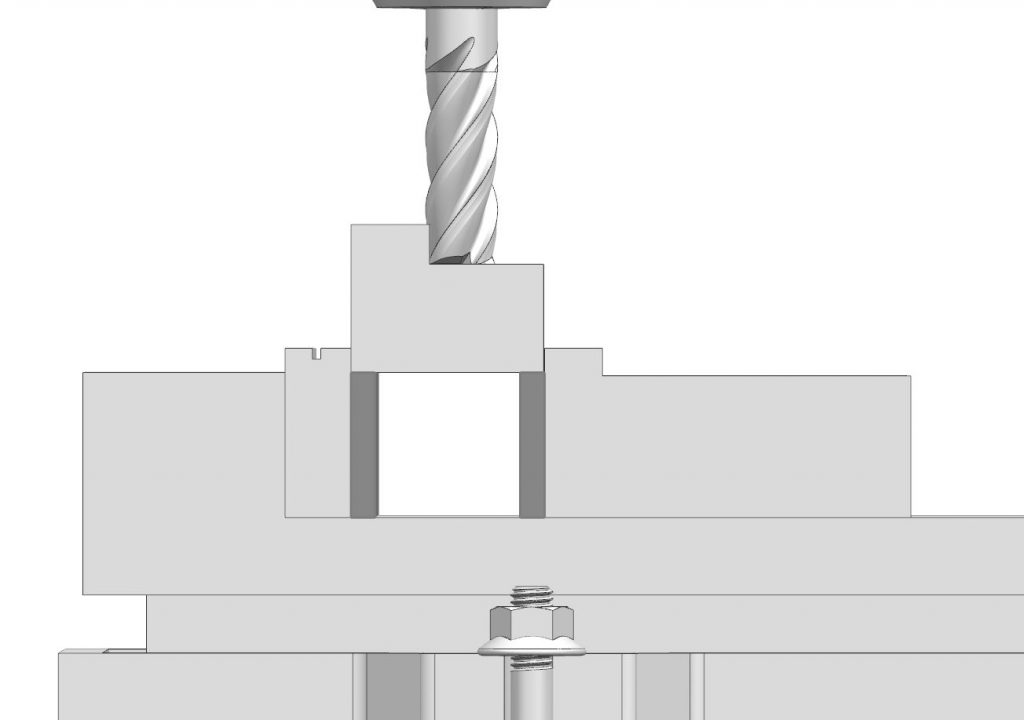
Chucks
Although normally thought of as workholding devices for lathes, chucks make convenient fixtures for round workpieces. Lathe chucks may be used, but low-profile chucks are made especially for mounting on milling machines.
Chucks are often used on rotary tables and indexing heads as well.
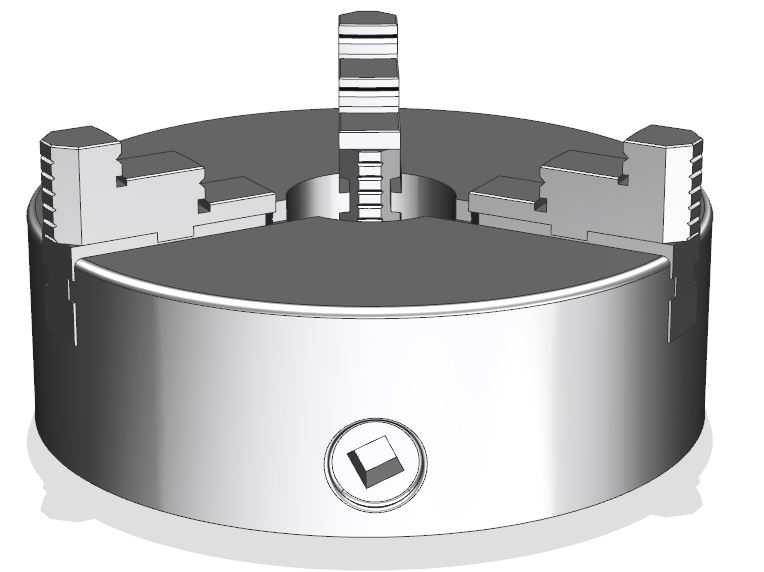
Tooling Plates
Pallets
Rotary Tables & Trunnions
Indexing Head
Sine Plates & Sine Vices
Angle Blocks
Tombstones
5-Axis vices
2-Piece Vices
Double Vices
Vices in other vices
Vacuum Chucks
Collet Blocks
Custom Fixture Elements
Edge Clamps
Adhesives
Low Temperature Alloys
Expanding Mandrels, Arbors, and Studs

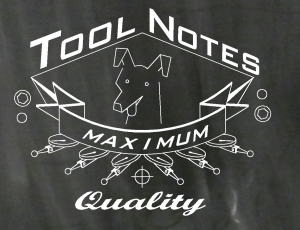
Recent Comments